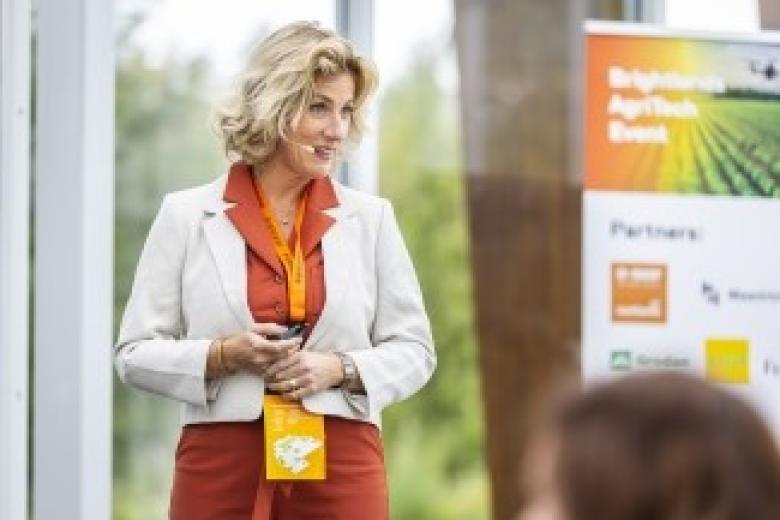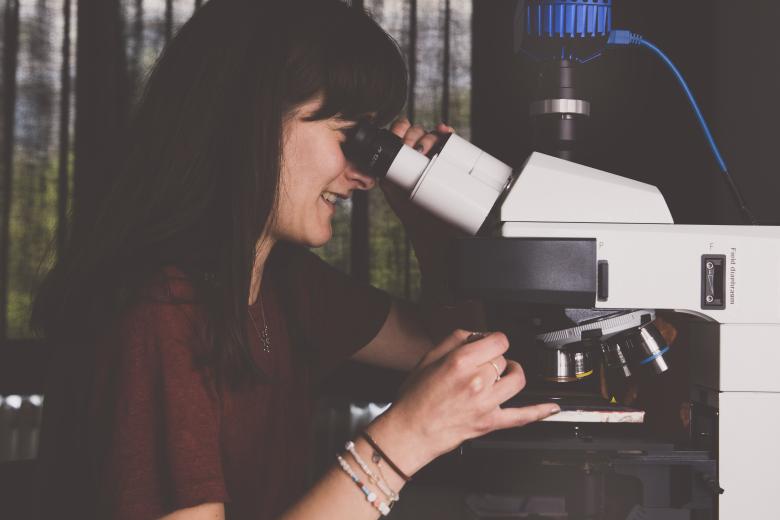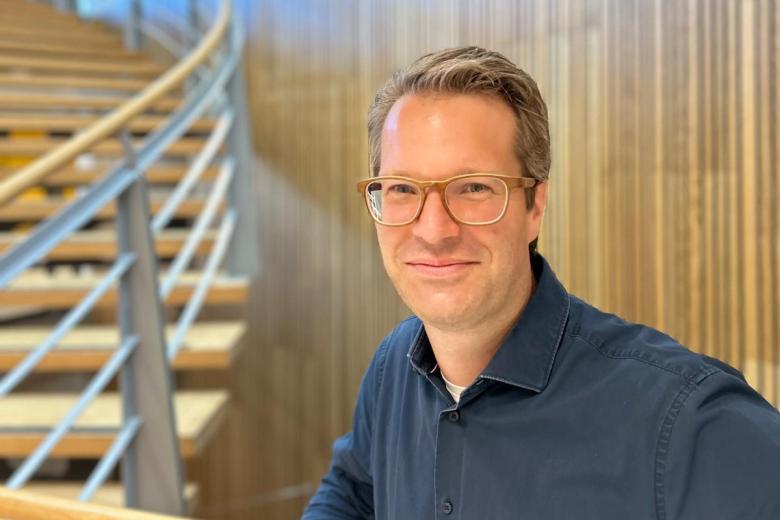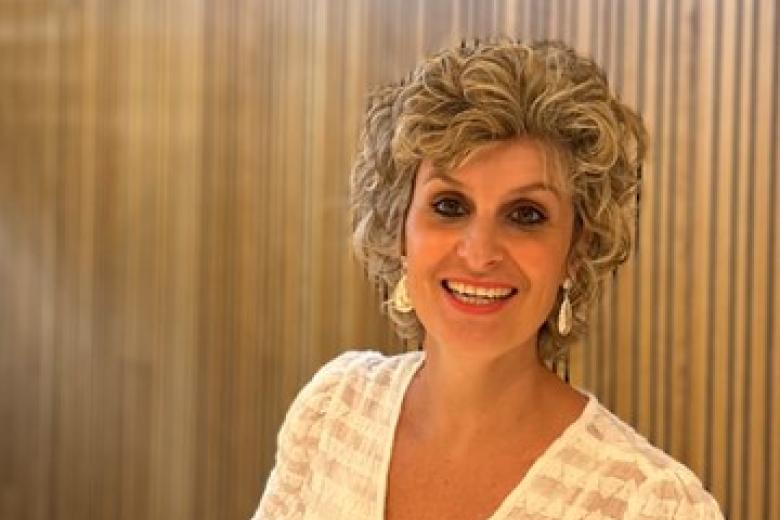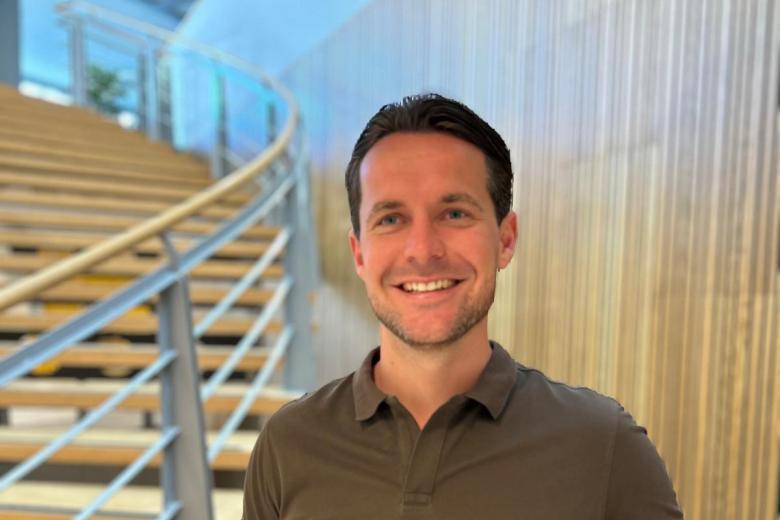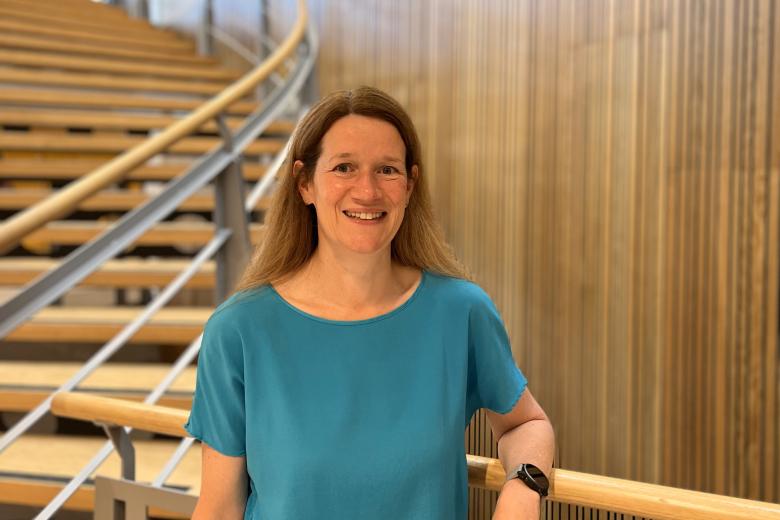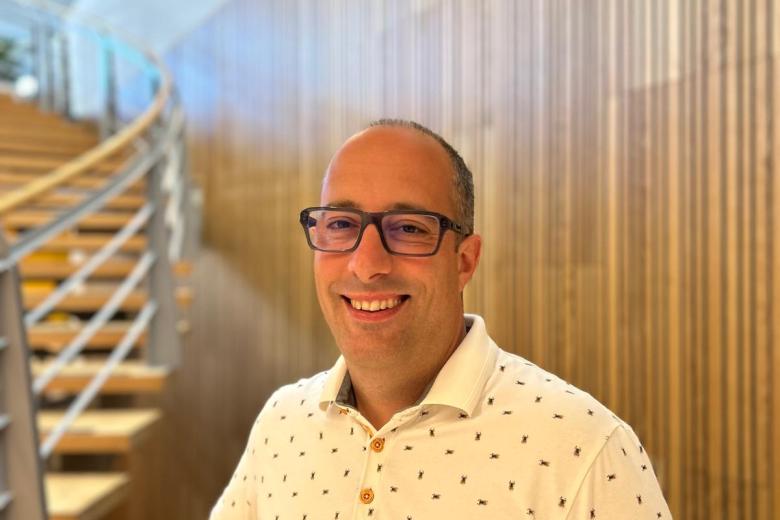The UNS50 research building houses more than 200 laboratories. Each laboratory has its own specific application, processes, and techniques with associated hazardous substances, related to the scientific research direction of the (sub)department. As a result, each laboratory has its own specific hazards and additional risks. In addition, there are central laboratory facilities in the building for researchers to use: the so-called central research facilities (COVs) such as the VAS-lab (Facility for Weighing Highly Toxic Substances) and the RNL (RadioNuclideLaboratories).
The Laboratory Safety submenu refers to precautions measures that ensure safety of staff and students within the above dynamic research environment. Important in this are the general safety instructions for laboratories. But also, specific thematic procedures and work instructions concerning high-risk activities and the possible exposure to physical factors (such as Lasers, use of fume cupboards). In addition, knowledge of and proper handling in ordering, storing, using, and disposing of chemicals is important for laboratory staff. Key points regarding chemicals are the ordering and registration system ‘SOFOS 360’, working with volatile and CMR substances, and the use of the VAS lab. Ultimately, working in a laboratory leads to the production of laboratory waste. Clear rules and guidelines describe how various types of chemical and laboratory waste should be separated and disposed. In addition, employees are expected to act ‘with common sense’.
The first point of contact in UM Randwyck's prevention policy is the Armico, which plays a central role in working conditions.
Should, despite all precautionary measures, a calamity/incident occur, involving one or more hazardous substances, an adequate ‘Chemical Spill’ procedure is important for the rapid, safe, and correct handling of this spill.
Armico
The occupational health, safety and environment contact person Armico of the department plays a central role regarding ergonomics, lab safety, prevention, and the environment.
General procedures and work instructions
Working safely in FHML/FPN laboratories
Introduction of new laboratory employee
Personal Protective Equipment (PPE)
Working safely in a fume cupboard
Working safely with Corrosive and Irritating Substances
Working safely with FCEOW substances
Working safely with liquid nitrogen
Working safely with lasers
Dry-ice
Chemicals
Within UM, there are some substances with additional legislation and/or very high risk of health damage that not included within the standard procedures. These include Piranha Acid, Hydrogen Fluoride (HF), Di-isocyanates, among others. For working with these substances, one should contact HSB ahead of time.
Chemical Spill
Working with hazardous substances poses the risk of spills. To deal with this responsibly, taking into account the safety of employees and the environment, a brief instruction has been drawn up.
Gas cylinders
These rules apply to the ordering and placement of gas cylinders within UM.
Drugs under the Dutch Opium Act
Within the framework of the Dutch Opium Act, Maastricht University (UM) must be a dispensation holder to be able to use Opium act drugs and other narcotics for medical research, analytical chemical research and other scientific purposes. The Ministry of Health, Welfare and Sport (VWS) is the exemption provider for the above-mentioned substances included in the so-called List 1 and List 2 substances list, hereinafter referred to as opiates. Having a clear procedure is one of the conditions for getting an exemption.
In the Opium Act substances procedure FHML/FSE and FPN (dutch version), the procedure on dealing with opiates is laid down. An opium officer has been appointed for each faculty, who implements the procedure. If opiates are used within the department, an opiate manager has been appointed. If you wish to use opiates within FHML/FPN/FSE, you should contact the faculty's opium officer. The latter will assess whether UM has the correct exemption for the opiate in question.
Laboratory waste
Working in the laboratory generates various waste streams. Click here for more information.

